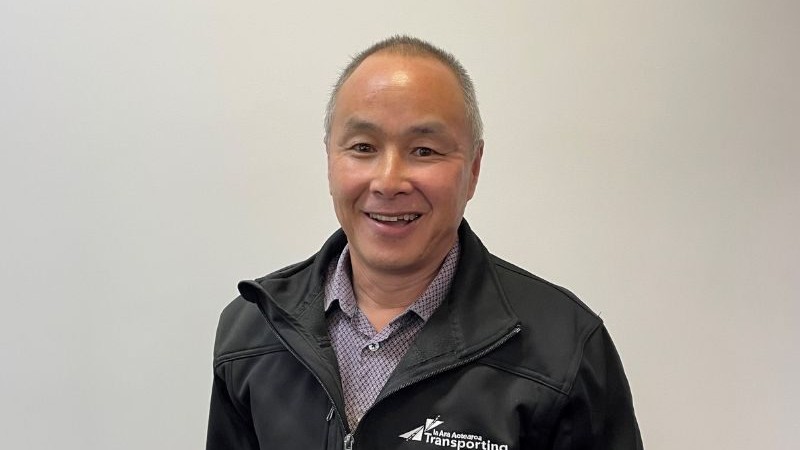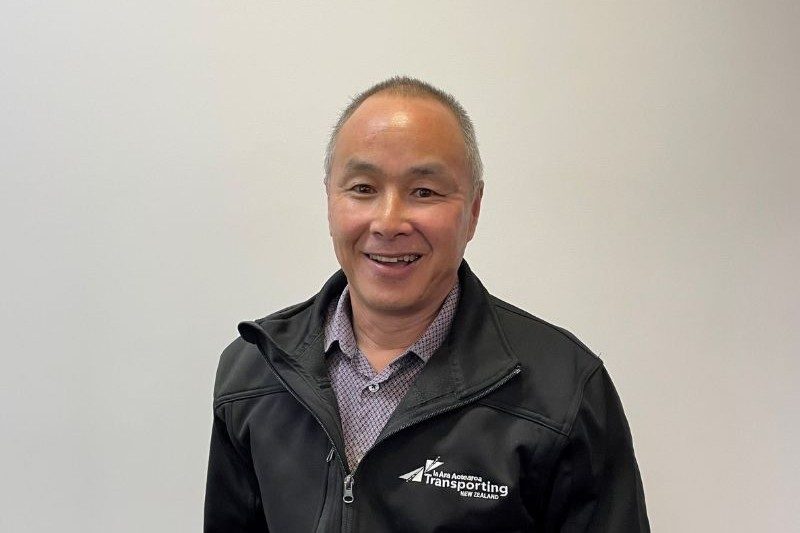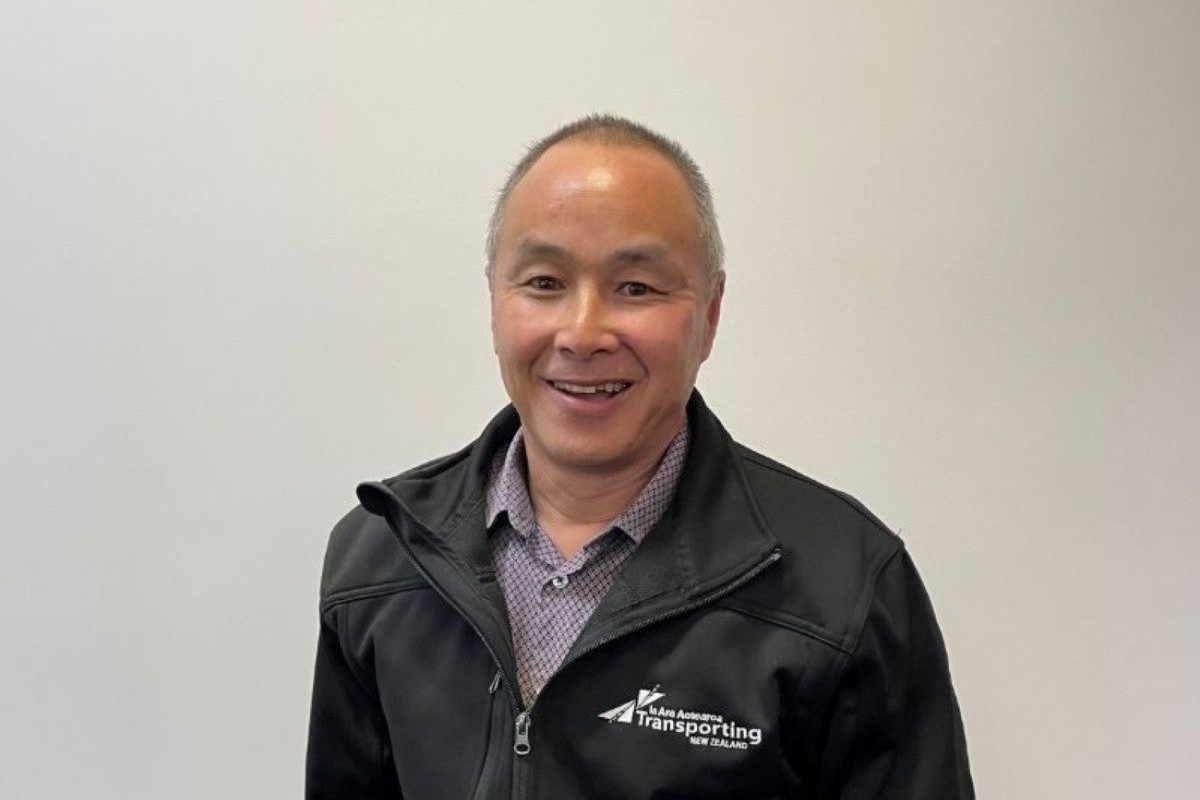Lively political discussion highlights annual conference

It was lively, informative, and rewarding. A Changing World, Ia Ara Aotearoa Transporting New Zealand’s annual conference, held last month in Lower Hutt, was an opportunity for members and key partners to network and discuss the important issues facing the road transport industry.
I want to thank all delegates, commercial partners, our wide range of speakers, and the transport spokespersons from ACT, Greens, Labour, National and New Zealand First for making our conference such a great event. We wanted delegates to leave better informed, which ultimately can help them manage their businesses better. And we wanted to again demonstrate that we provide good value for money in terms of advocating on their behalf.
Keynote speaker Katherine Rich, former National MP and former chief executive of the NZ Food and Grocery Council, suggested that successful advocacy requires a bit of ‘chutzpah’ – a Yiddish term that combines ideas, energy and a little cheekiness. From the micro-level issues we are dealing with in the respective sector groups to the more macro-level ones we need from the government to commit to in our Election Platform, I believe we clearly demonstrated ourselves to be an effective advocacy organisation.
We held our event earlier than usual, given the upcoming election. And as anticipated, the political debate and the high-energy and raucous discussion typically reserved for Parliament’s debating chamber was transferred to the Lower Hutt Events Centre.
At times I almost got worried for the safety of our MC, Josie Pagani, as things heated up and there were several fiery engagements. In three years, when we do it again, I’ve made a note to add that session to our HSSE risk register!
We ran a fun poll, with delegates voting before and after the political panel, and the results were fascinating. At the start, the blue team had a substantial lead with 77% of the vote, with yellow being next most prominent at 16% and the rest – red, green and black – fighting over the minor money.
However, after the debate, the blue team’s majority took a major hit with a massive swing to black going from 3 to 23%! My takeouts are that the real election will be close, some parties will need to do some careful strategic thinking to manage the risk of vote splitting, and nothing beats saying things in straight-up, simple terms. So, thank you, Mr Shane Jones.
Another highlight was our awards dinner. Celebrating success provides a chance to reflect on the huge amount of good work that’s going on in the sector.
What struck me was the diversity across the winners. Of the six awards, three went to women. In fact, four of the awards were accepted on stage by women. There was also a wide range of age across the recipients. The innovation award was won jointly by three livestock operators, and a variety of business sizes shared the awards.
For me, that demonstrates we are all going through the structural changes required to make the future of road transport more secure.
Last month, I did a radio interview regarding the removal of the government’s Covid Transport Relief package regarding fuel and RUC. I reminded listeners that almost everything that people need to live comes via road transport. On three occasions, the government extended the period of relief which shows the demand and value it brought to NZ Inc. The queues at fuel stations and the media interest clearly demonstrated the impact of this change on the cost of living for everyday Kiwis.
Cost increases to transport have a big flow-on effect on everyone, and that includes impacting our competitiveness in international markets.
Economist Cameron Bagrie told the conference that margins in transport had decreased to levels similar to 2008. Road user charges typically make up about 11% of direct transport costs; therefore, the removal of the relief will increase costs by about 4%. That shift can’t be absorbed without profitability taking a big hit and the continued financial viability of companies being put at high risk.
This brings me to my final and most vital point – one that I will reiterate over the coming weeks and months – the need for one industry voice. There are increasing questions from key stakeholders in the transport sector regarding why our industry has several different organisations, leading to growing disharmony. Make no mistake, disunity and any lack of clarity and alignment on what our sector needs to be successful is unhelpful. In the past, Transporting New Zealand has led the call for one industry body; sadly, that has not been the outcome so far. However, we are not relenting.



